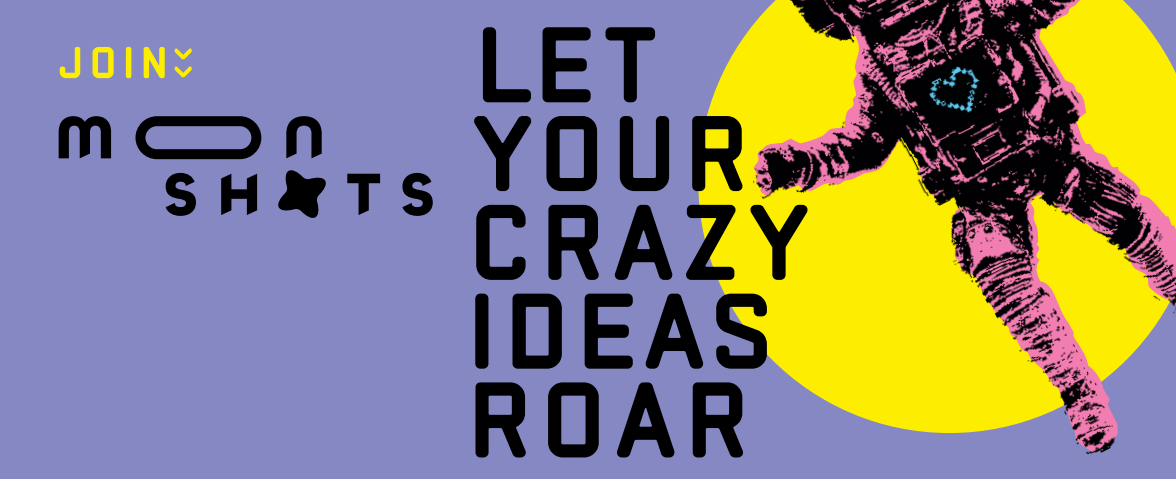
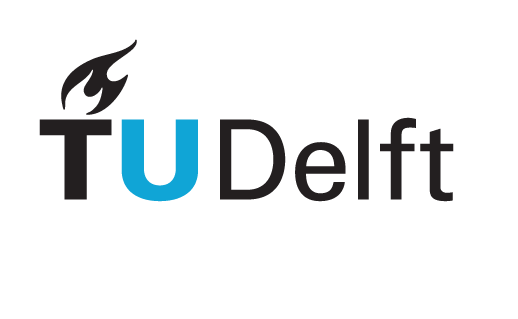
NL Moonshots '24
02-Oct-2024 | Civil Engineering & Geosciences
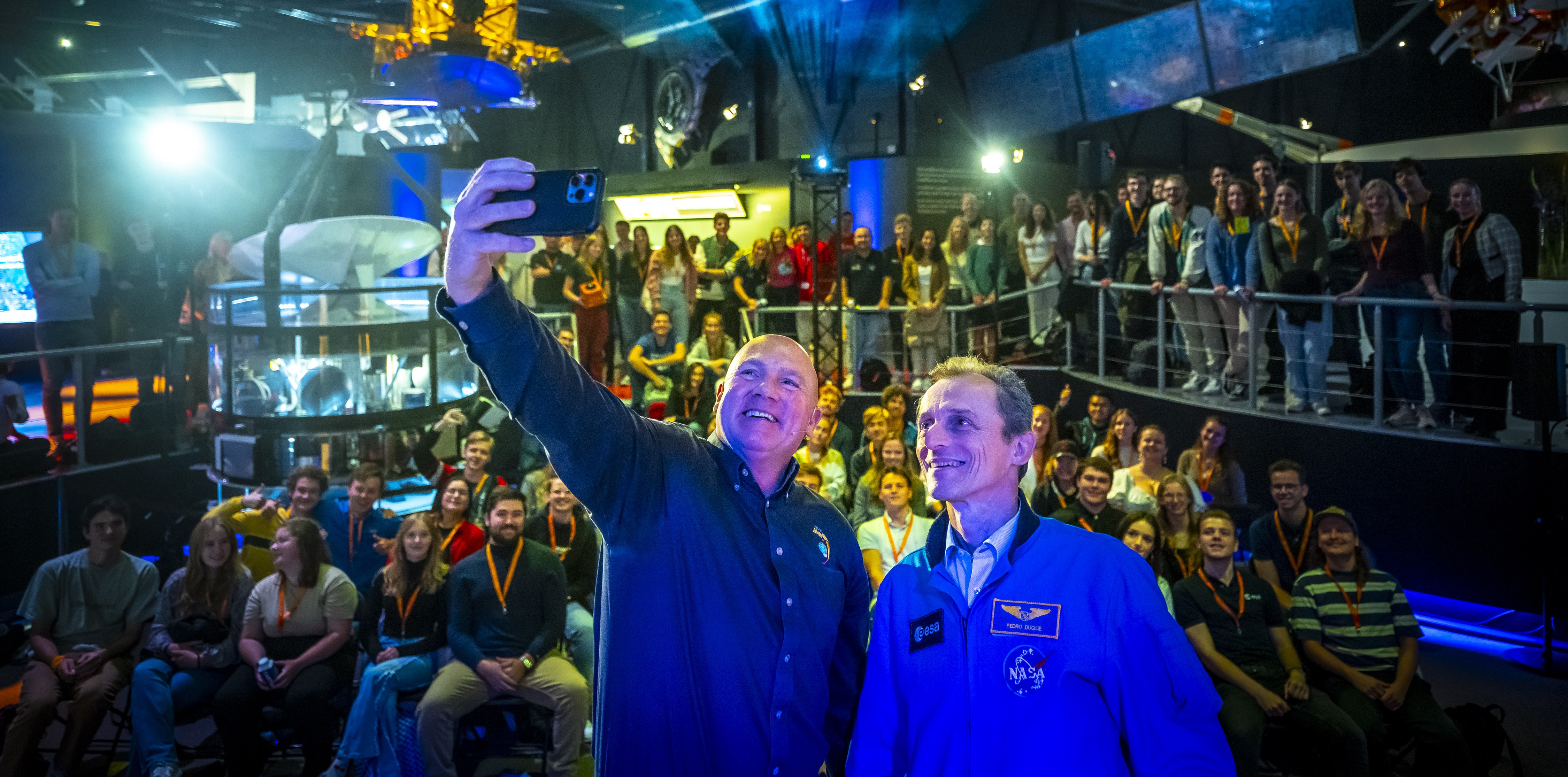
About the event
On Wednesday October 2 astronauts Rick Hieb and Franz Viehböck will visit TU Delft as part of the NL Moonshots '24 program. In an event co-hosted by the faculties of Aerospace Engineering and Civil Engineering and Geosciences, the astronauts will be interviewed about their (space) missions by PhD candidate Space Exploration, Jip Matthijsse. Their main task at the event is to give feedback to four teams of students who will present their moonshot - a smart, innovative solution to a major societal challenge - to them. Don’t miss this exciting opportunity to witness the next generation of moonshots — join us at TU Delft on October 2!
Please note that we have a capacity of 350 participants.
Program
10:15 | Doors open
10:30 -11:00 | Interview astronauts Rick Hieb and Franz Viehböck
11:00-12:00 | Moonshots presentations incl. feedback from astronauts and public
Meet the Astronauts:
Rick Hieb: Rick Hieb earned a BA in Mathematics and Physics from Northwest Nazarene College in 1977, followed by an MSc in Aerospace Engineering from the University of Colorado in 1979. He began his career at NASA in Houston, providing ground support for Space Shuttle missions, until being selected as an astronaut in 1985. Hieb flew on three Space Shuttle missions and participated in the first (and only) three-person EVA during STS-49, successfully repairing a stranded Intelsat satellite. He retired from NASA's astronaut corps in 1995 and transitioned to private industry. Currently, he is a faculty member in the Smead Aerospace Engineering Sciences Department at the University of Colorado, Boulder.
Franz Viehböck: Franz Viehböck is an Austrian electrical engineer and cosmonaut, best known as the first Austrian in space. In 1991, he flew to the Mir space station aboard Soyuz TM-13, where he conducted 15 experiments in space medicine, physics, and technology. After spending just over a week in space, he returned to Earth on Soyuz TM-12. Following his mission, Viehböck worked for Rockwell in the United States before becoming the Director of International Business Development for Boeing in Vienna. He later served as the technology coordinator for Lower Austria and became president of an Austrian company specializing in endless steel belts.
Meet the Student Teams:
Team AI Asteroid Destroyer Force Field: This team wants to protect earth from future asteroid strikes through detection and diversion. They design a ring of detectors surrounding earth that is detecting asteroids. It makes use of AI powered by deep learning, and deflects asteroids by kinetic impact.
Team RLC: Their Moonshot involves spinning an asteroid to generate a 1g environment using centrifugal force, with a hollow center that allows people to walk on the inner surface, or 'ceiling.'
Team Twenty-Five: Unlike traditional missions that rely on singular launches, Project Hephaestus employs a network of satellites already in orbit, equipped with modular systems, fuel depots, and advanced propulsion technologies. This orbital constellation serves as a toolkit for constructing spacecraft directly in Low Earth Orbit (LEO), rather than on Earth.
Team Newsail: Their Moonshot aims to make the shipping industry more sustainable by deploying an aerosail on ships, which could reduce emissions by 5%.
About NL Moonshots '24
From September 30 to October 6, 2024, the XXXV Planetary Congress of the Association of Space Explorers will take place in the Netherlands. This event, which will bring together over one hundred international astronauts, is the driving force behind the NL Moonshots '24 program. This unique initiative challenges students from all educational levels to develop their own moonshot—a smart, innovative solution to a major societal challenge. Drawing inspiration from the extraordinary perspective of astronauts in space, these moonshots can cover a wide range of topics: from humanity’s relationship with Earth to the cutting edge of technology and artificial intelligence. Over the past six months, 100 student teams have been developing their moonshots. On 2 october, they will present their bold ideas to astronauts. Four teams will pitch their ideas at TU Delft, in the presence of two astronauts—and you can be there to witness it!
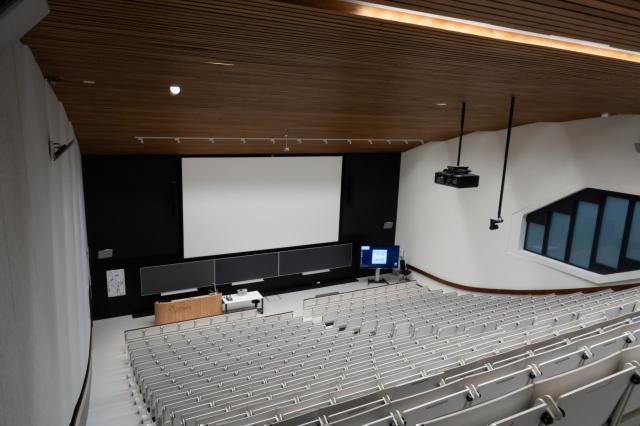
Location
Faculty of Civil Engineering & Geosciences
Lecture hall A
Gebouw 23
Stevinweg 1
2628 CN Delft
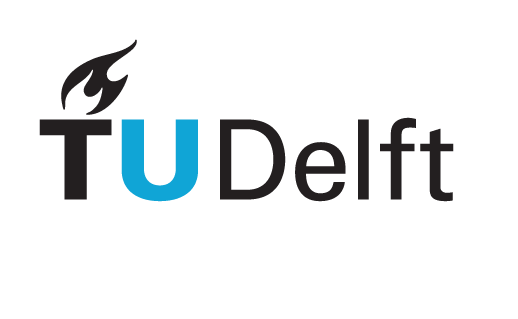
NL Moonshots '24: astronaut visit TU Delft
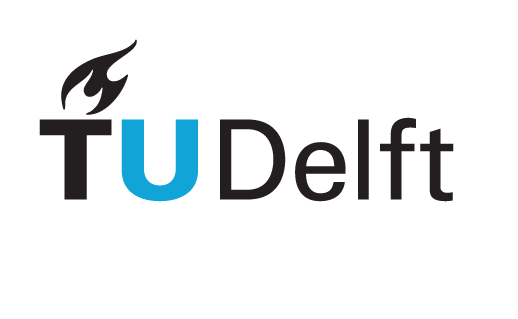 Registration website for NL Moonshots '24: astronaut visit TU Delft
Registration website for NL Moonshots '24: astronaut visit TU DelftNL Moonshots '24: astronaut visit TU Delftnews-ae@tudelft.nl
NL Moonshots '24: astronaut visit TU Delftnews-ae@tudelft.nlhttps://www.aanmelder.nl/moonshots24tudelft
2024-10-02
2024-10-02
OfflineEventAttendanceMode
EventScheduled
NL Moonshots '24: astronaut visit TU DelftNL Moonshots '24: astronaut visit TU Delft0.00EUROnlineOnly2019-01-01T00:00:00Z
To be announcedTo be announced